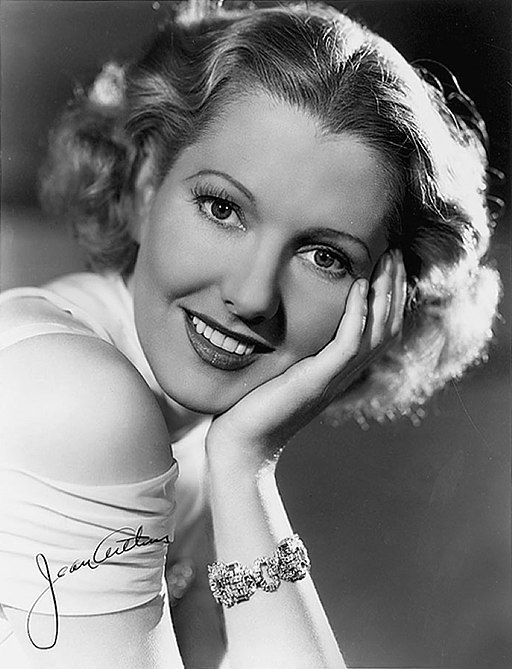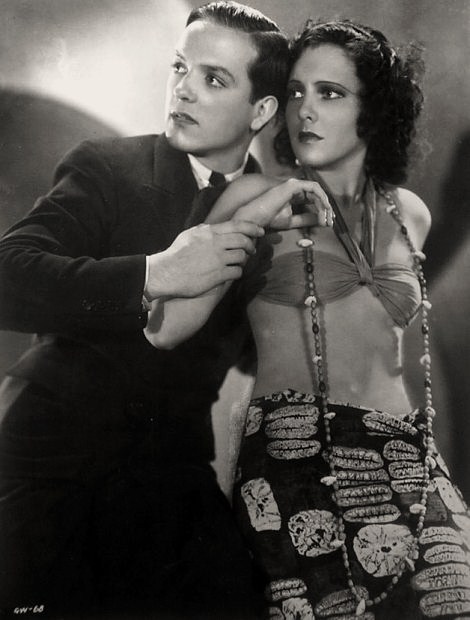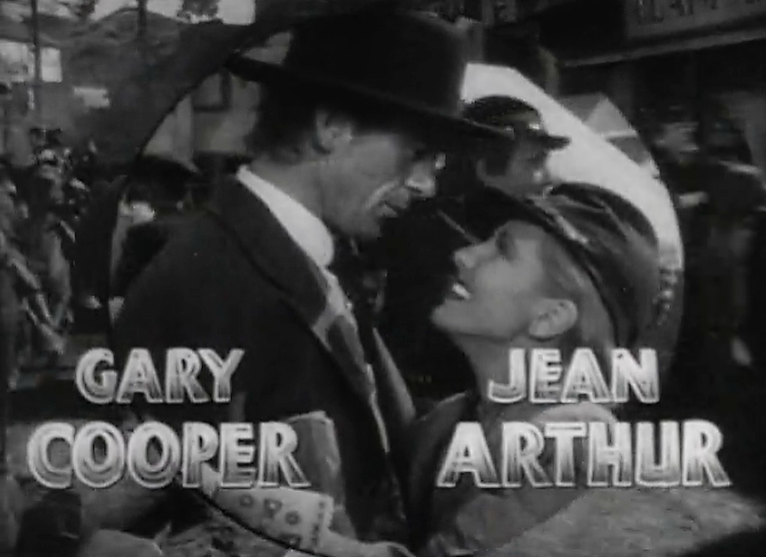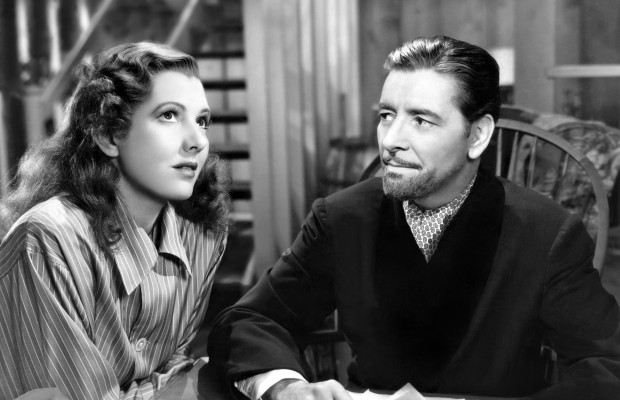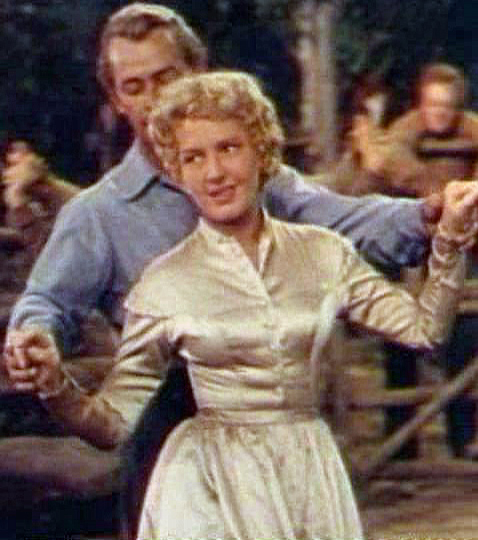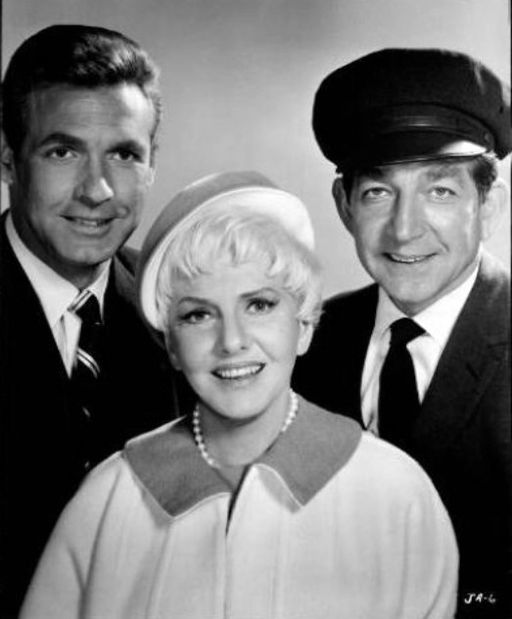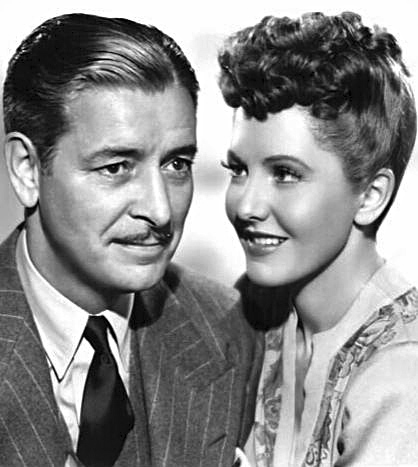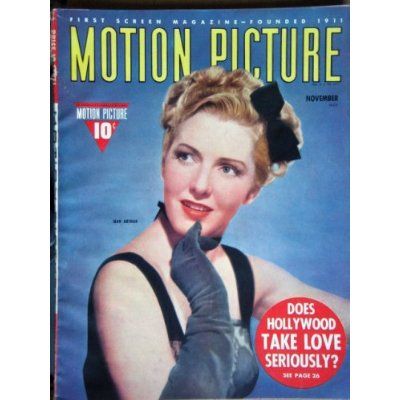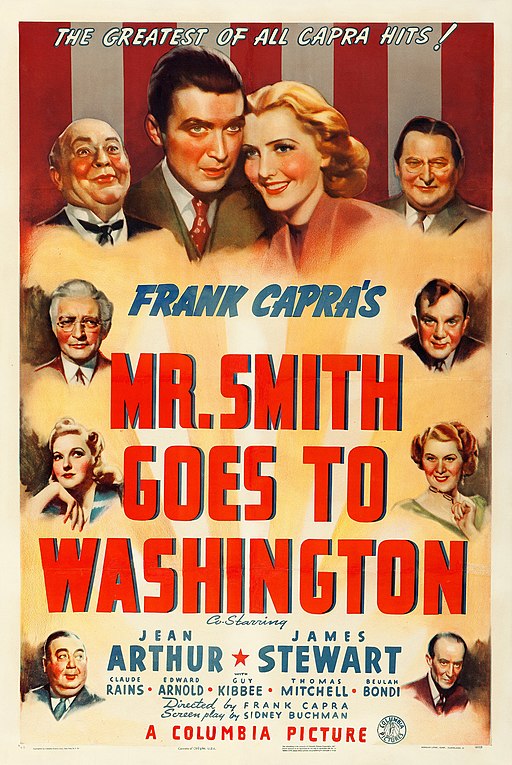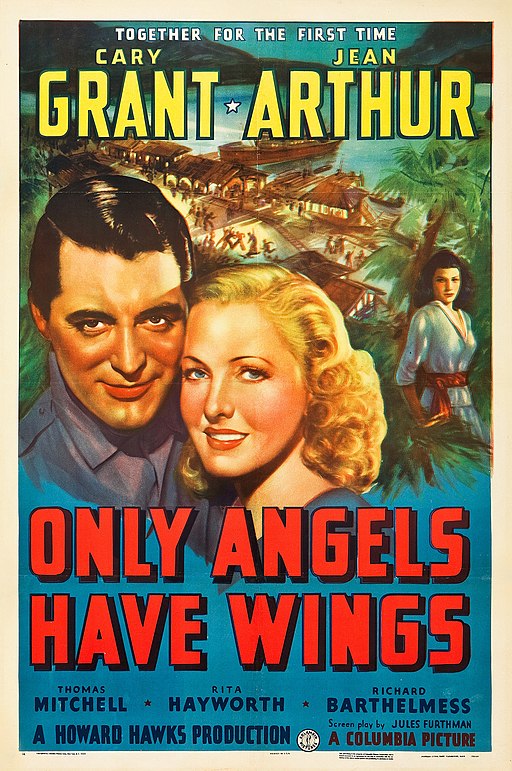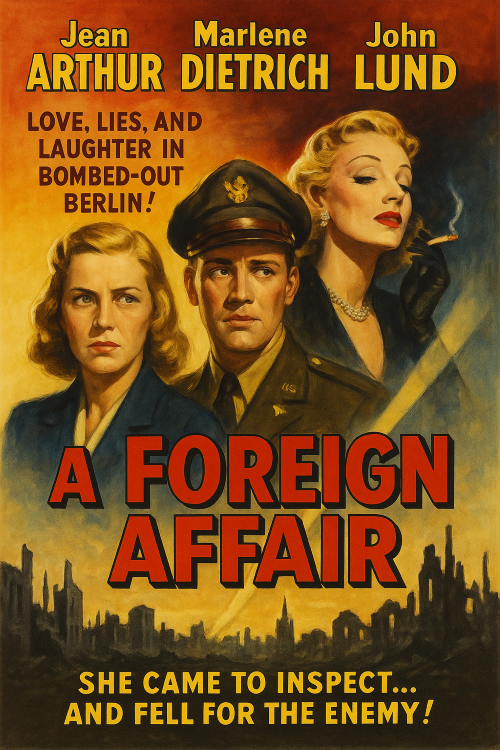Jean Arthur
back| Full Name | Gladys Georgianna Greene |
| Stage Name | Jean Arthur |
| Born | October 17, 1900 |
| Birthplace | Plattsburgh, New York, USA |
| Died | June 19, 1991 |
| Buried | Initially cremated; her ashes were reportedly scattered at sea |
| Married to | Julian Anker (1928, marriage annulled), Frank Ross (1932–1949) |
| Children | None |
| Notable films | Mr. Deeds Goes to Town (1936) - Mr. Smith Goes to Washington (1939) - The Whole Town's Talking (1935) - Shane (1953) |
Jean Arthur
The witty American woman of classic cinema
Jean Arthur, born Gladys Georgianna Greene on October 17, 1900, in Plattsburgh, New York, emerged as a defining actress of Hollywood's Golden Age, particularly renowned for her roles in screwball comedies. Her distinctive voice, marked by a charmingly unique timbre, and her adeptness at blending wit and vulnerability, made her a screen icon.
Arthur's career spanned from the silent era into the 1940s, but she rose to prominence in the 1930s with memorable performances in films like "Mr. Deeds Goes to Town" (1936) and "You Can't Take It with You" (1938), both directed by Frank Capra. Her portrayal of strong, independent women, coupled with her natural comedic timing, resonated deeply with audiences.
Her role in "Mr. Smith Goes to Washington" (1939) further solidified her status as a leading lady. Despite her on-screen success, Arthur was known for her reclusive nature and discomfort with fame, often shying away from the Hollywood spotlight.
Arthur's later career saw a shift to theater and occasional television roles, including a brief stint as a drama teacher. She passed away on June 19, 1991, leaving behind a legacy as one of the most talented and distinctive actresses of her time, cherished for her contributions to classic American cinema.
Related
Jean Arthur
Biography and analysis of her movie career
Jean Arthur was an American actress whose career spanned several decades, primarily in the 1930s and 1940s. Known for her distinctive voice and comedic talent, Arthur was one of the most celebrated actresses of her era.
Early Career
Arthur's film career began in the silent film era of the 1920s, but she gained significant fame in the 1930s with her roles in several successful films. Her breakthrough came with "The Whole Town's Talking" (1935), directed by John Ford.
Career Highlights
She is best known for her roles in Frank Capra films, including "Mr. Deeds Goes to Town" (1936), "You Can't Take It with You" (1938), and "Mr. Smith Goes to Washington" (1939), where her performances combined wit, charm, and a strong sense of character. Arthur was nominated for an Academy Award for Best Actress for her role in "The More the Merrier" (1943).
Later Career
In the 1950s, Arthur's film appearances became less frequent, but she delivered a memorable performance in the classic Western "Shane" (1953). She also found success on Broadway and in television, showcasing her versatility as a performer.
Personal Life
Jean Arthur was known for her reclusive nature and was intensely private about her personal life. She was married twice, first in a brief union to Julian Anker and then to producer Frank Ross, with whom she collaborated on several projects.
Teaching
Post-Hollywood, Arthur also worked as an acting teacher at the School of Drama at Vassar College and the North Carolina School of the Arts.
Death
Arthur passed away on June 19, 1991, from heart failure. She left behind a legacy as one of the most talented actresses of Hollywood's Golden Age, remembered for her unique voice, comedic timing, and enduring performances in some of the era's most beloved films.
Jean Arthur and Cary Grant chemistry:
Jean Arthur and Cary Grant shared a memorable on-screen partnership in two notable films during the 1930s and 1940s, "Only Angels Have Wings" (1939) and "The Talk of the Town" (1942). Their on-screen chemistry was palpable and contributed significantly to the success of these films.
On-Screen Chemistry:
- In "Only Angels Have Wings", directed by Howard Hawks, Arthur and Grant showcased a dynamic chemistry. Arthur's role as a piano-playing entertainer who falls for Grant's character, a tough and daring airfreight pilot, was marked by witty banter and a growing romantic tension that was a key element of the film.
- "The Talk of the Town”, directed by George Stevens, again paired them together. Arthur played a law school teacher who finds herself in a love triangle involving Grant's character and another man. Their interactions in the film were laced with humor and a subtle romantic undercurrent.
Professional Relationship:
- Professionally, Arthur and Grant were both highly respected for their craft. Their collaborations were marked by mutual respect and professionalism. Both had a reputation for being consummate professionals on set, dedicated to their roles and the success of their films.
- Grant, known for his charming screen presence and versatility, and Arthur, celebrated for her naturalistic acting and comedic timing, made them a compelling pair on screen.
Off-Screen Interaction:
- Off-screen, both Arthur and Grant were known to be private individuals. Arthur, in particular, was famously reclusive and guarded about her personal life, which likely limited any substantial off-screen camaraderie with Grant.
- There are no widely known accounts or anecdotes that suggest a deep friendship or relationship beyond their professional collaboration. They were two respected actors who came together to create memorable cinema but seemingly did not extend their relationship beyond the professional sphere.
Notable Movies featuring Jean Arthur:
1920s:
- "Cameo Kirby" (1923): A silent film where Arthur played a minor role in her early acting days.
- "The Drug Store Cowboy" (1925): Another early silent film appearance.
1930s:
- "The Whole Town's Talking" (1935): Arthur stars as a secretary who gets involved with a mild-mannered man mistaken for a notorious gangster.
- "Mr. Deeds Goes to Town" (1936): She plays a reporter in this Frank Capra classic, who gets involved with a small-town man who inherits a fortune.
- "You Can't Take It with You" (1938): Another Capra film where Arthur's character is part of a quirky family.
- "Only Angels Have Wings" (1939): A drama about mail pilots in South America, where Arthur's character develops a relationship with the lead pilot.
- "Mr. Smith Goes to Washington" (1939): Arthur portrays a cynical but ultimately supportive secretary in this political drama.
1940s:
- "The Talk of the Town" (1942): A romantic comedy where Arthur's character shelters a man wrongly accused of arson and murder.
- "The More the Merrier" (1943): She stars as a woman who rents out her apartment during a housing shortage in Washington D.C., leading to a comedic love triangle.
- "A Lady Takes a Chance" (1943): A romantic comedy with Arthur as a New York woman finding romance in the West.
1950s:
- "Shane" (1953): In one of her final film roles, Arthur plays a homesteader's wife in this classic Western.
Analysis of Jean Arthur’s acting style:
Jean Arthur's acting style, particularly during the height of her career in the 1930s and 1940s, was distinctive and influential, helping to define the genre of romantic comedies and screwball films of that era. Her style can be analyzed based on several key attributes:
Distinctive Voice
One of Arthur's most notable features was her distinctive voice. It had a slightly husky quality, which she often used to great effect, especially in delivering comedic lines. Her voice conveyed both warmth and a certain wry wit, making her characters relatable and endearing.
Naturalistic and Understated Performance
Arthur's acting was marked by a naturalistic approach. She avoided over-the-top dramatics, instead opting for a more understated style. This subtlety in her performances made her characters seem more real and grounded, despite the often whimsical or chaotic scenarios of screwball comedies.
Comic Timing and Physical Comedy
Arthur had excellent comic timing, delivering lines with a sharpness and speed that kept pace with the rapid-fire dialogues typical of screwball comedies. Her physical comedy, though not as exaggerated as some of her contemporaries, added an additional layer of humor to her performances.
Vulnerability and Emotional Depth
Despite being known for comedy, Arthur could convey a deep sense of vulnerability and emotional depth. Her characters often had a sense of melancholy or longing just beneath the surface, which she portrayed with subtlety and depth. This ability to blend comedy with pathos made her performances more complex and memorable.
Strong, Independent Characters
Arthur often played strong, independent women, which was somewhat atypical for the time. Her characters were smart, witty, and often held their own against the male leads. This portrayal of strong female characters contributed to her popularity and set a standard for female roles in comedies.
Chemistry with Co-Stars
Her on-screen chemistry with leading men, including Cary Grant and James Stewart, was palpable. She had a way of playing off her co-stars that enhanced both her performance and that of her counterparts, making for some memorable screen pairings.
In summary, Jean Arthur's acting style was a blend of distinctive vocal qualities, naturalistic performance, expert comic timing, and emotional depth. She brought a unique presence to her films, combining intelligence and wit with vulnerability, making her one of the most beloved actresses of her time. Her work, particularly in the screwball comedy genre, had a lasting impact on Hollywood cinema.
Remarkable Quotes from Jean Arthur:
On Acting:
"I guess I became an actress because I didn't want to be myself."
Regarding Hollywood:
"I hated the industry for what it was doing to me. It wanted me to conform to an image that I didn't want."
On Fame:
"I'm not fond of any of my films in particular because of all the memorabilia around them."
Regarding Her Reclusive Nature:
"I am essentially a loner."
On Her Career Choices:
"I've never had a great role in a great film."
The Jean Arthur Show:
"The Jean Arthur Show" was a short-lived American legal drama television series that aired in 1966. Jean Arthur, a beloved actress from Hollywood's Golden Age, made an attempt to transition to television with this series, though it didn't achieve the success that her film career had.
Key Details of "The Jean Arthur Show":
Premise and Format:
- The show featured Jean Arthur as Patricia Marshall, a widowed attorney. The series focused on her professional and personal life, as she navigated the challenges of her career and being a single mother. Each episode typically revolved around a legal case that Marshall was involved in.
Cast:
- Jean Arthur played the lead role of Patricia Marshall. The cast also included Ron Harper as her son Paul Marshall, who was a law student and her legal assistant.
Production and Broadcast:
- "The Jean Arthur Show" was produced by CBS and aired from September 12 to December 5, 1966. The show was not renewed after its initial run, totaling only 11 episodes.
Reception and Legacy:
- Despite Arthur's acclaimed career in film, "The Jean Arthur Show" did not garner significant attention or ratings success. It struggled to find an audience and was subsequently canceled after its first season.
- The series has been noted for its attempt to portray a strong, professional woman in a leading role, which was still relatively rare for television at the time.
Jean Arthur's Performance:
- Arthur's performance was a key highlight of the show, bringing her trademark charm and wit to the small screen. However, the transition from film to television at that stage of her career was challenging, and the show did not provide a platform comparable to her cinematic successes.
"The Jean Arthur Show" remains a footnote in Jean Arthur's otherwise illustrious career. While it didn't achieve the acclaim or longevity of her film work, it was a notable effort by the actress to adapt to the changing dynamics of the entertainment industry in the 1960s.
Awards and Nominations for Jean Arthur:
Academy Awards:
- Jean Arthur was nominated for an Academy Award for Best Actress for her performance in "The More the Merrier" (1943). This romantic comedy showcased her talent for combining humor with a genuine emotional depth, earning her critical acclaim.
Apart from this Oscar nomination, Arthur did not receive many formal accolades during her career. Despite this, her legacy in cinema, particularly in the screwball comedy genre, is well-established. She was known for her distinctive voice, comedic talent, and the strong, independent characters she portrayed.
Posthumous Recognition:
- Jean Arthur has been recognized posthumously for her contributions to the film industry. She is remembered as one of the most talented actresses of Hollywood's Golden Age, with her performances in films like "Mr. Smith Goes to Washington" and "You Can't Take It with You" standing as testaments to her enduring talent and appeal.
Analysis of Jean Arthur’s performance in “Mr. Deeds Goes to Town”:
In "Mr. Deeds Goes to Town" (1936), directed by Frank Capra, Jean Arthur delivered a standout performance that showcased her talent for combining charm, wit, and emotional depth. She played the role of Babe Bennett, a sharp and cynical reporter who falls for Longfellow Deeds, portrayed by Gary Cooper. This film is a classic example of the screwball comedy genre, and Arthur's performance is central to its success.
Chemistry with Gary Cooper
Arthur's chemistry with Gary Cooper is one of the film's highlights. Her character, Babe Bennett, initially approaches Deeds with a hidden agenda but gradually falls in love with him. The dynamic between Arthur and Cooper evolves from playful and strategic to sincere and affectionate, making their on-screen relationship both believable and engaging.
Balancing Cynicism and Vulnerability
Arthur skillfully balances her character's initial cynicism with an underlying vulnerability. As Babe, she is smart, witty, and somewhat world-weary, but as she gets to know Deeds, her softer and more genuine side emerges. Arthur's ability to portray this transformation adds depth to her character and the film's narrative.
Comic Timing and Delivery
Arthur's comic timing and delivery are impeccable in the film. She delivers her lines with a natural ease and a sense of timing that enhances the film's humor. Her performance is both grounded and spirited, which fits perfectly with the film's blend of comedy and social commentary.
Emotional Resonance
In addition to the comedic aspects, Arthur brings a real emotional resonance to her role. Her portrayal of Babe's moral conflict and growing affection for Deeds gives the character a relatable humanity. Arthur's expressive eyes and subtle facial expressions convey her internal struggle and eventual change of heart effectively.
Contribution to the Film's Themes
Arthur's performance contributes significantly to the film's exploration of themes such as integrity, simplicity versus sophistication, and the corrupting influence of wealth and media. Through her character's journey, the film critiques the cynicism of urban sophistication, highlighting the value of sincerity and genuine emotion.
Full list of movies featuring Jean Arthur:
1923:
- Cameo Kirby
1924:
- Fast and Fearless
- Bringin' Home the Bacon
- Wine of Youth
- Bread
1925:
- The Drug Store Cowboy
- Seven Chances
- The Fighting Smile
- The Hurricane Horseman
1926:
- The College Boob
- The Cowboy Cop
- The Travelin' Cowboy
- The Fighting Cheat
- The Block Signal
- The Stolen Ranch
- Born to Battle
- The Desert Bride
- The Boob
- Thundering Speed
- Twisted Triggers
- Under Fire
- The Overland Limited
1927:
- Horse Shoes
- Bigger and Better Blondes
- The Masked Menace
- The Poor Nut
- The Valley of Hell
- Flying Luck
- Winners of the Wilderness
- Tearin' Into Trouble
- The Meddlin' Stranger
- The Sunset Derby
- The Silent Rider
- The Galloping Jockey
- Husband Hunters
- The Slacker
1928:
- Easy Come, Easy Go
- The Man Who Laughs
- Brotherly Love
- Sins of the Fathers
- Beggars of Life
- The Yellow Cameo
- Wallflowers
- The Masked Angel
- The Vanishing Pioneer
- The Matinee Idol
1929:
- The Greene Murder Case
- Stairs of Sand
- The Saturday Night Kid
- Half Marriage
- The Canary Murder Case
- Black Waters
- The Mysterious Dr. Fu Manchu
1930:
- Paramount on Parade
- Young Eagles
- The Return of Dr. Fu Manchu
- Street of Chance
- Danger Lights
- The Silver Horde
1931:
- The Virtuous Husband
- The Lawyer's Secret
- Ex-Bad Boy
- The Gang Buster
- Too Many Cooks
1932:
- The Miracle Woman
- Roar of the Dragon
- Sky Devils
- The Impatient Maiden
- The Man Who Played God
- The Most Dangerous Game
- The Texas Rangers
- The Wiser Sex
1933:
- Her Man
- Lady for a Day
- The Past of Mary Holmes
- The Silver Cord
- Whirlpool
1934:
- American Madness
- The Defense Rests
- The Most Precious Thing in Life
- The Whole Town's Talking
- Whirlpool
1935:
- Diamond Jim
- If You Could Only Cook
- Party Wire
- Public Hero #1
- The Whole Town's Talking
1936:
- Adventure in Manhattan
- More Than a Secretary
- Mr. Deeds Goes to Town
- The Ex-Mrs. Bradford
1937:
- Easy Living
- History Is Made at Night
1938:
- The Cowboy and the Lady
- You Can't Take It with You
1939:
- Mr. Smith Goes to Washington
- Only Angels Have Wings
1940:
- Arizona
- Too Many Husbands
1941:
- The Devil and Miss Jones
- The Lady Eve
1942:
- The Talk of the Town
1943:
- A Lady Takes a Chance
- The More the Merrier
1953:
- Shane

